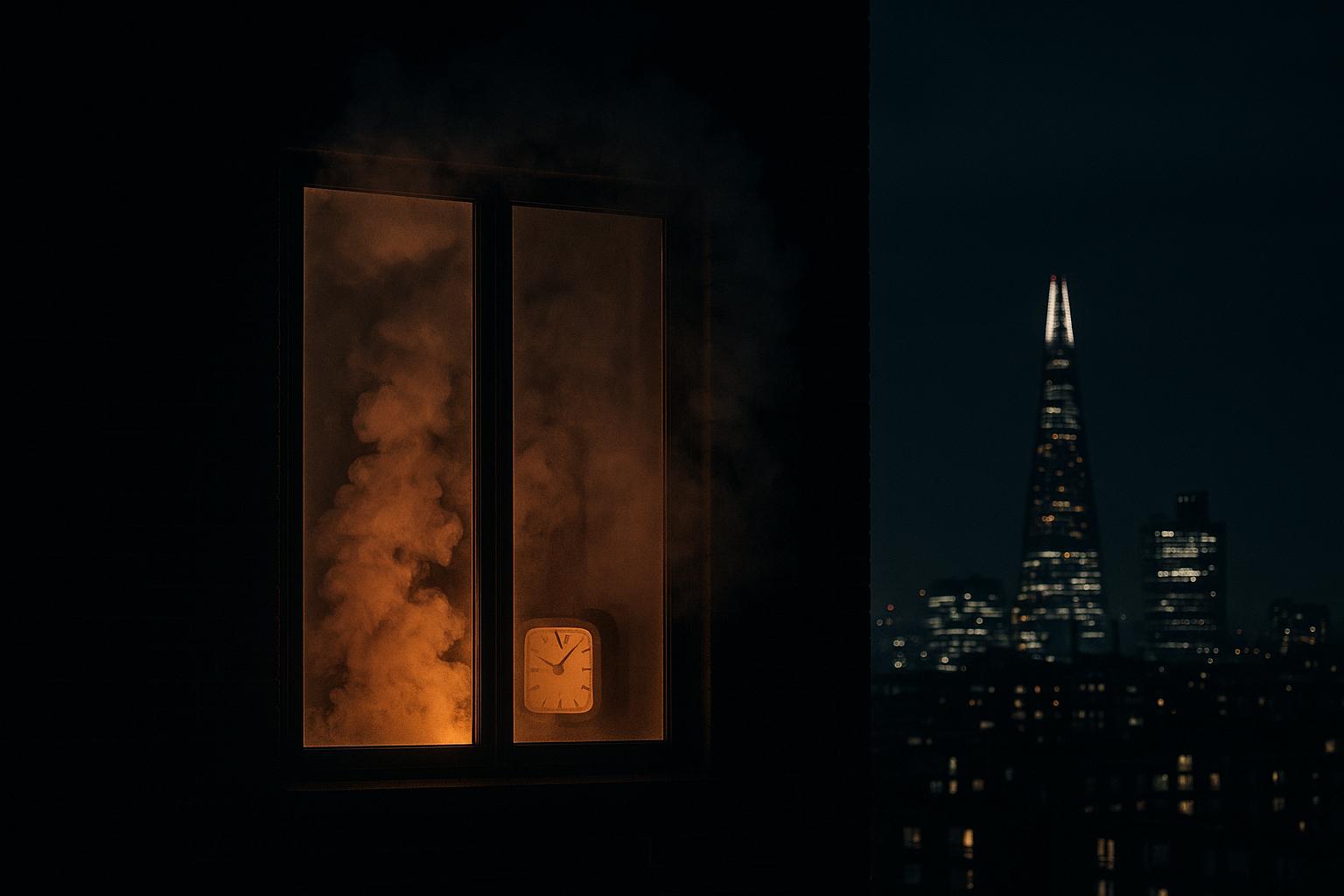The London Fire Brigade (LFB) has reported a marked increase in call-outs related to carbon monoxide (CO) incidents, with figures showing that the number of emergency calls more than doubled over the past five years. Between August 2024 and July 2025 alone, firefighters responded to 1,714 such calls. This rise reflects an ongoing trend; data from previous years reveals a steady escalation in cases, with 7,764 CO incidents recorded in six years and a more than doubling in numbers between 2009 and 2017, when incidents rose from 207 to 569. Tragically, over that earlier period, 24 people died, and 430 were injured due to CO poisoning in the capital.
Carbon monoxide is a highly dangerous gas produced by the incomplete burning of fossil fuels. It is often called a “silent killer” because it is colourless, odourless, and tasteless, making it impossible to detect without alarms or specialised equipment. The LFB strongly advises installing carbon monoxide detectors in all rooms containing fuel-burning appliances, emphasising that alarms should be audible even while occupants are sleeping. Householders are urged to be mindful of safety when heating their homes, particularly during colder months when alternative heating methods become more common due to rising energy costs.
Assistant Commissioner Pamela Oparaocha highlighted concerns about unsafe heating practices, noting that while alternative fuel sources can seem cost-effective, they often carry significant risks. For example, burning treated wood is discouraged because it can emit toxic fumes and spitting embers that might ignite nearby materials. Such warnings follow incidents like last week’s elevated CO levels found at a food court on Kensington High Street, where the premises had to be evacuated and ventilated to ensure safety.
Energy experts and emergency responders link the surge in carbon monoxide emergencies to the rising cost of living. Many households are reported to delay servicing their boilers or turn to cheaper, unsafe heating methods. London’s gas emergency service, Cadent, responded to 8,665 CO-related incidents in 2023/24, marking a 37% increase from the previous year. Nearly 30% of people reportedly service boilers less frequently than recommended, raising the risk of CO leaks. Experts stress that annual boiler checks by Gas Safe registered engineers are crucial in preventing CO poisoning.
The London Fire Brigade also draws attention to chimney and flue maintenance, especially during winter when open fires and alternative heating devices are more frequently used. A January 2023 incident in Southgate saw dangerously high CO levels from a neighbour’s open fire, prompting the brigade to warn residents to maintain their chimneys and avoid burning treated wood, which releases toxic fumes and increases fire hazards.
The LFB advises that carbon monoxide alarms be installed in all rooms with fuel-burning appliances and that residents seek immediate medical attention if CO poisoning is suspected. It also encourages individuals to access financial support for energy bills from local authorities and Citizens Advice to mitigate the temptation to resort to unsafe heating methods.
As Londoners brace for the colder months, the repeated warnings from the LFB and energy authorities underline the critical importance of maintaining heating systems properly, using safe fuels, and ensuring adequate detection to protect lives from this invisible danger.
📌 Reference Map:
- Paragraph 1 – [1], [4]
- Paragraph 2 – [1], [5]
- Paragraph 3 – [1], [3]
- Paragraph 4 – [1], [2], [6]
- Paragraph 5 – [3], [7]
- Paragraph 6 – [1], [5]
Source: Noah Wire Services
